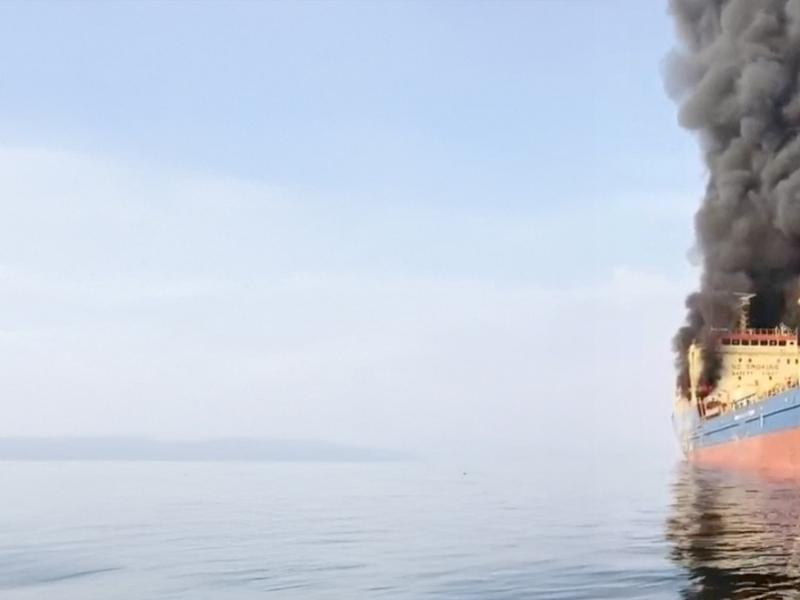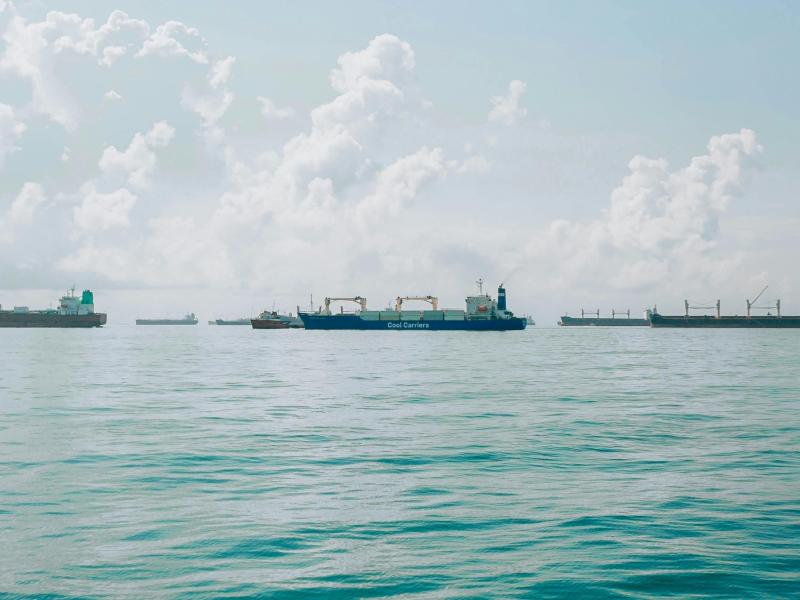The changes would dismantle a comprehensive reform package delivered by the previous government three years ago that created a level playing field in domestic shipping.
The 2012 package included support for Australian shipping companies, including tax breaks and training subsidies, as well as a requirement that foreign-flagged vessels pay Australian level wages when working domestic trade sectors.
ITF president Paddy Crumlin said: “The ITF strongly urges the retention and improvement of the Australia’s Coastal Trading Act.
“The international experience is that cabotage is a normal way to deliver domestic freight securely, safely and predictably for many maritime nations including the United State, Japan, China, Indonesia and the Philippines.
“The 2012 changes have the potential to create employment, sustain business opportunities and productivity and support Australia’s economy, environment and way of life – but they must be given time to work.
“It is in the national interest to retain and grow the coastal shipping industry yet these changes could directly impact around 2,000 direct jobs and up to 8,000 associated jobs – so 10,000 Australian jobs could go offshore.
“This could spell disaster on a number of fronts – maritime jobs, skills, fuel security, maritime security and pose a threat to the environment.
“There could also be a significant impact on the offshore oil and gas sector - with the result being limited visa regulations and oversight.
“We expect the government to put up legislation before our parliament in the first half of this year and we’re gearing up for a fight.”
The US has some of the strongest protection for its domestic shipping industry in the world, through the Jones Act, which requires that all goods transported by water between United States ports be carried on US-flagged ships, that those ships be constructed domestically, and that they are owned and crewed by US citizens and permanent residents.
The US Congress last year enacted the strongest bipartisan statement of support for the Jones Act and the American domestic maritime industry since the Merchant Marine Act of 1936.
Presidents from both sides of the political fence have long supported the Jones Act.
“America needs a strong and vibrant US-Flag Merchant Marine. That is why you can continue to count on me to support the Jones Act and the continued exclusion of maritime services in international trade agreements.” - Barack Obama, 2008
“It’s important for presidents to embrace the Jones Act. I have, [for] five-and-a-half years as the president, supported the Jones Act, and will continue to do so.” George W Bush, 2006
United States Seafarers International Union (SIU) secretary-treasurer, and ITF seafarers’ section chair, David Heindel said the US experience has been that strong cabotage laws help support jobs as well as bolster economic and national security.
“Especially in times of crisis, shipping is essential to national security and as a nation, you need to think twice about allowing essential skills to be placed in the hands of non-Australian interests,” Mr Heindel said.
“What you don’t want to see is more flag of convenience (FOC) ships, with their questionable standards and exploited crews, take over ports and displace Australian vessels.
"Additionally, local seafarers and their shipowners and/or operators contribute to the local and state tax coffers, utilise domestic business and services, and are a part of the community. FOCs avoid all of these. And during these uncertain economic times, I would expect a government to bolster domestic jobs rather than attempt to eliminate them."



